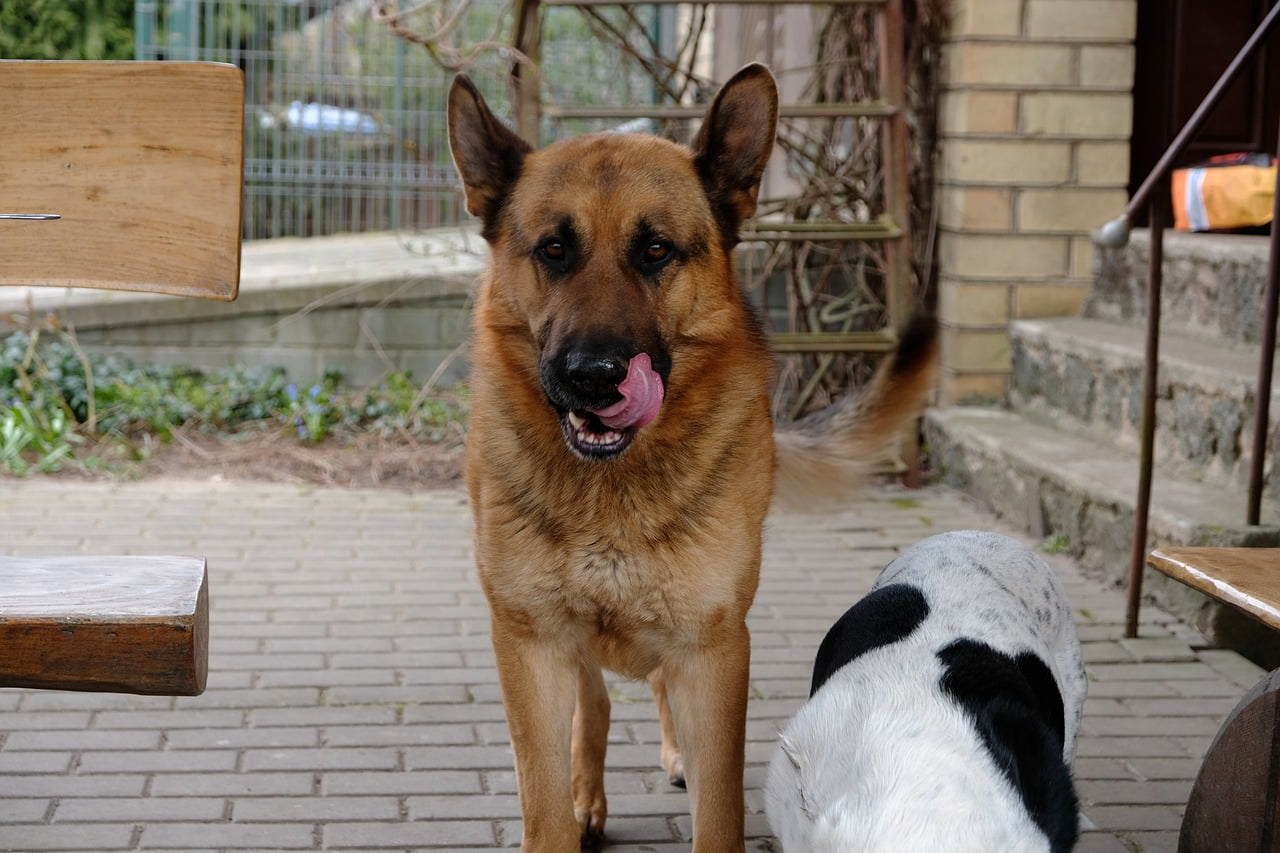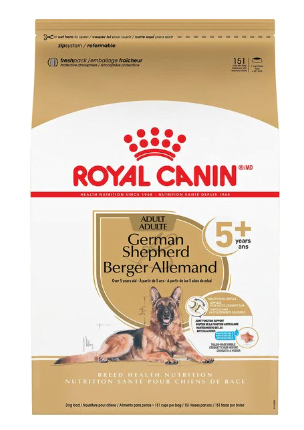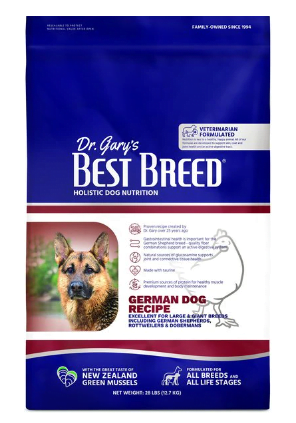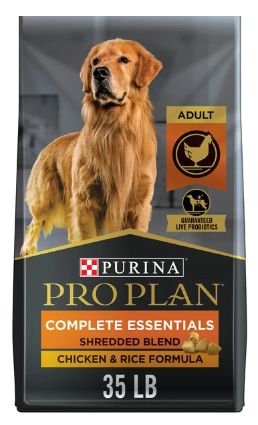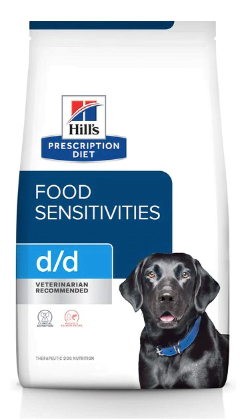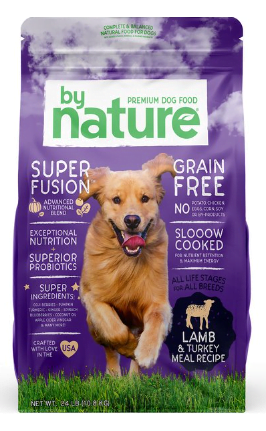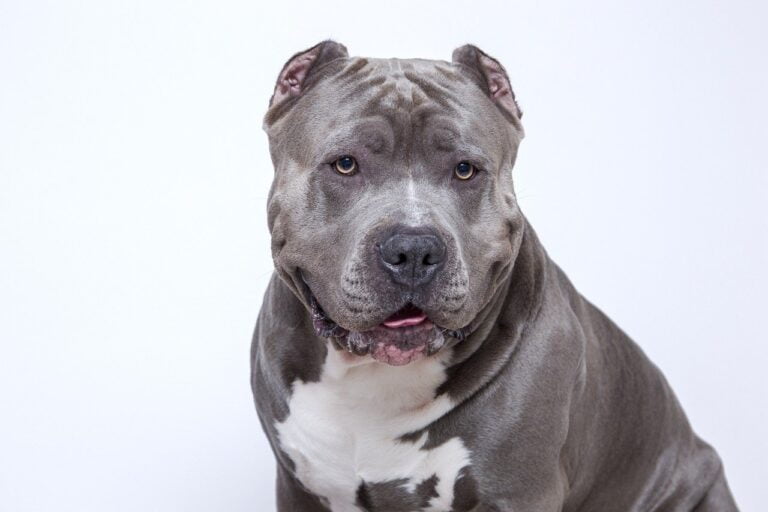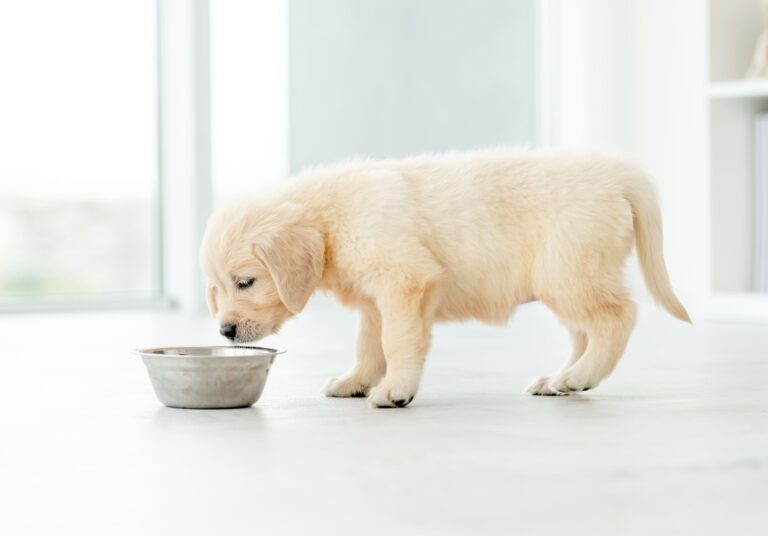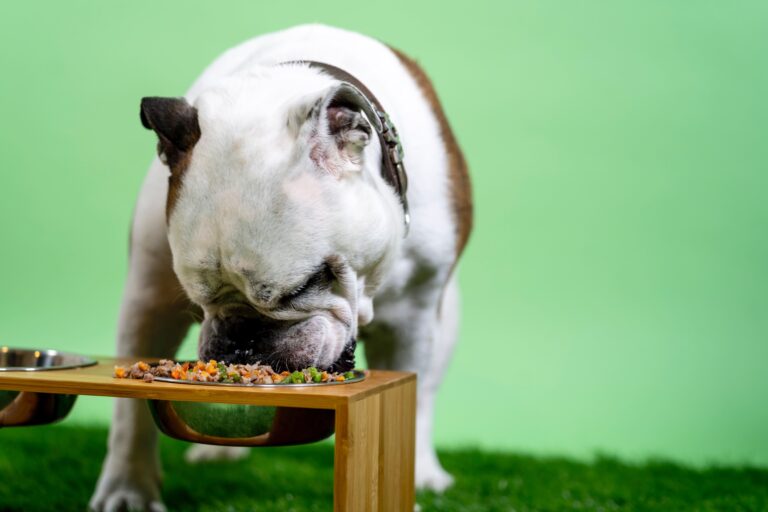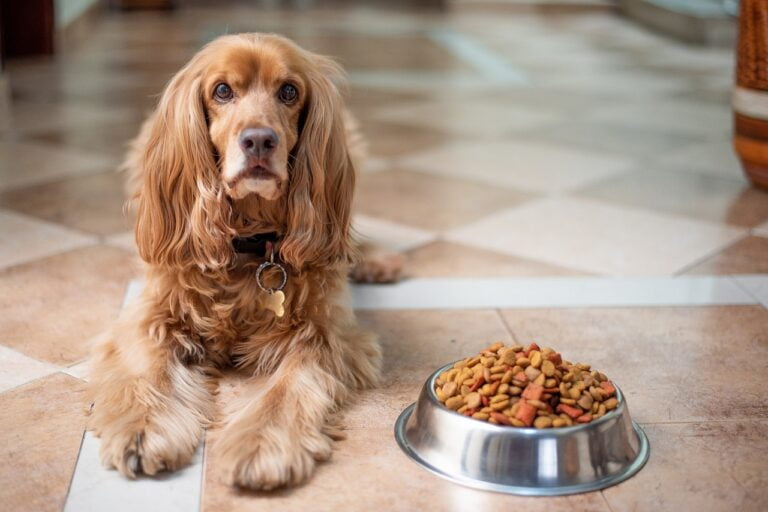Best Dog Food for German Shepherds | Dry Food
Have you ever watched your German Shepherd wolf down their food and wondered, “Am I providing the best meal for my four-legged friend?” As the parent of a German Shepherd, ensuring your dog gets the right nutrients in the right proportions is crucial to their health and happiness. This majestic breed, known for its intelligence, agility, and sheer loyalty, has specific dietary needs that, if met correctly, can contribute to a vibrant coat, robust health, and a longer lifespan.
In this blog post, we delve deep into the world of canine nutrition, specifically targeted at German Shepherds. From breaking down their unique nutritional requirements to exploring the top-rated commercial dog food brands, this comprehensive guide is your one-stop resource.
Let’s embark on this journey to discover the best food options for your German Shepherd and ensure they lead a healthy and fulfilling life. Stay tuned!
OUR TOP 3 recommended best brand of food for German Shepherd
Royal Canin Breed Health
Dr. Gary’s Best Breed
Wellness Large Breed
Best Dog Food for German Shepherd
- Purina Pro Plan
- Iams Advanced Health
- Merrick Limited Ingredient Diet
- Hill’s Prescription Diet
- By Nature Pet Foods
Purina Pro Plan
Purina Pro Plan Brand Dog Food Shredded Blend Chicken and Rice Formula makes every mealtime a delight for your dog. Real chicken, the primary ingredient, pairs with rice for an energy-boosting carbohydrate source and other top-grade ingredients, resulting in a deliciously wholesome meal. The combination of crunchy kibble and tender shredded pieces offers an enticing texture that your dog will eagerly anticipate with each bite. This formula guarantees 100% complete and balanced nutrition, enriched with a high protein content, aiding dogs in maintaining an ideal body condition.
First 3 Ingredients : Chicken, Rice, Whole Grain Wheat
Best for breed size: Small Breeds, Medium Breeds, Large Breeds, All Breeds
Caloric Content: 387 kcal/Cup
Feeding Instruction
| Weight | (Cups) |
| 3 – 12 lbs | 1/2 – 1 1/4 |
| 13 – 20 lbs | 1 1/4 – 1 2/3 |
| 21 – 35 lbs | 1 2/3 – 2 1/3 |
| 36 – 50 lbs | 2 1/3 – 3 |
| 51 – 75 lbs | 3 – 3 3/4 |
| 76 – 100 lbs | 4 – 4 2/3 |
| Over 100 lbs | 4 2/3 |
Iams Advanced Health
Natural Balance’s Limited Ingredient Lamb & Brown Rice Recipe Dry Dog Food is a wholesome meal choice for your beloved canine friend. It’s packed with protein-rich lamb meat, supporting your dog’s muscular health while offering an irresistible taste. The recipe also includes fiber-laden whole grain brown rice for smooth digestion and a bolstered immune system. Free from soy, gluten, and artificial additives like colors and flavors, this nutritious dog food is a superb option for all dogs, especially those with digestive sensitivities, skin issues, or allergies.
First 3 Ingredients : Lamb Meal, Brown Rice, Brewers Rice
Best for breed size: Small Breeds, Medium Breeds, Large Breeds, All Breeds
Caloric Content: 370 KCAL/CUP
Feeding Instruction
| Weight | Cups |
| Up to 10 lbs | 1/4-1 |
| 10 – 20 lbs | 1 – 1 1/2 |
| 20 – 30 lbs | 1 1/2 – 2 |
| 30 – 40 lbs | 2 – 2 1/2 |
| 40 – 60 lbs | 2 1/2 – 3 1/2 |
| 60 – 80 lbs | 3 1/2 – 4 1/4 |
| 80 – 100 lbs | 4 1/4 – 5 |
Merrick Limited Ingredient Diet
This food uses a limited ingredient approach with only nine key components, providing balanced and complete nutrition. The first ingredient and sole source of protein is real deboned salmon, paired with a nutritious mix of wholesome grains. This recipe delivers vital amino acids, vitamins, and minerals, all essential for your pet’s wellbeing.This makes it an excellent choice for adult dogs of all breeds, particularly those with food sensitivities or allergies. Choose Merrick’s for a nutritious, considerate meal that keeps your pet’s health at heart.
First 3 Ingredients : Deboned Salmon, Salmon Meal, Brown Rice
Best for breed size: Small Breeds, Medium Breeds, Large Breeds
Caloric Content: 384 kcal ME/cup
Feeding Instruction
| Weight | Cups |
| 3 lbs | 1/3 |
| 6 lbs | 2/3 |
| 10 lbs | 1 |
| 15 lbs | 1 1/4 |
| 20 lbs | 1 1/2 |
| 30 lbs | 2 |
| 40 lbs | 2 1/2 |
| 50 lbs | 3 |
| 60 lbs | 3 1/3 |
| 70 lbs | 3 3/4 |
| 80 lbs | 4 1/4 |
| 90 lbs | 4 1/2 |
| 100 lbs | 5 |
Hill’s Prescription Diet
Itchy, scratchy skin conditions in dogs can arise from several causes, with food sensitivities being a notable factor. The reassuring news is that many pets suffering from these skin conditions can experience significant relief by consuming appropriate, well-suited food. At Hill’s, a team of proficient nutritionists and veterinarians have collaborated to formulate clinical nutrition. This specially designed diet aims to alleviate a multitude of skin conditions in dogs, while also easing digestive discomfort associated with food sensitivity.
First 3 Ingredients : Potatoes, Potato Starch, Salmon
Best for breed size: Small Breeds, Medium Breeds, Large Breeds, All Breeds
Caloric Content: 372 kcal/cup
Feeding Instruction
| Weight | Cup |
| 5 lb | 5/8 |
| 10 lbs | 1 |
| 15 lbs | 1 1/3 |
| 20 lbs | 1 2/3 |
| 30 lbs | 2 1/4 |
| 40 lbs | 2 3/4 |
| 50 lbs | 3 1/4 |
| 60 lbs | 3 2/3 |
| 70 lbs | 4 1/4 |
| 80 lbs | 4 1/2 |
| 100 lbs | 5 /13 |
| 120 lbs | 6 1/4 |
By Nature Pet Foods
By Nature Pet Foods has created a highly palatable, grain-free dry dog food combining Lamb & Turkey Meal, perfect even for the choosiest of dogs. This recipe employs premium ingredients such as lamb, apple cider vinegar, coconut oil, and dehydrated spinach and blueberries, all curated for their immense health advantages. The food also incorporates a specialized probiotic blend to ensure a healthy digestive system and contented tummies.
First 3 Ingredients : Lamb, Turkey Meal, Yellow Peas
Best for breed size: Small Breeds, Medium Breeds, Large Breeds, All Breeds
Caloric Content: 416 kcal/cup
Feeding Instruction
| Weight | Cups |
| 3 lbs | 1/3 – 1/2 |
| 5 lbs | 1/2 – 2/3 |
| 10 lbs | 2/3 – 3/4 |
| 20 lbs | 3/4 – 1 1/2 |
| 30 lbs | 1 1/2 – 1 3/4 |
| 40 lbs | 1 3/4 – 2 1/33 |
| 50 lbs | 2 1/3 – 2 2/3 |
| 60 lbs | 2 2/3 – 3 1/8 |
| 70 lbs | 3 1/8 – 4 |
| 80 lbs | 4 – 4 2/3 |
Nutritional Requirements for German Shepherds
German Shepherds, like all dogs, require a well-rounded diet that includes protein, fats, carbohydrates, and a range of essential vitamins and minerals. Protein is the primary component, providing the necessary amino acids for muscle development and repair. Adult German Shepherds typically require a diet consisting of at least 18-22% protein, while puppies need a bit more, around 22-29%, due to their rapid growth.
Fats, specifically omega-3 and omega-6 fatty acids, play a pivotal role in maintaining a healthy coat, supporting brain development in puppies, and providing a concentrated source of energy. The general recommendation for fat content in their diet is between 5-8% for adults and 8-10% for puppies.
Carbohydrates are also essential as they supply energy, aid in digestion, and support gut health. However, these should be provided in moderation and come from high-quality sources like whole grains and vegetables to prevent unnecessary weight gain.
Vitamins and minerals, including Vitamin A, B vitamins, Vitamin E, calcium, and phosphorus, are crucial for a myriad of functions such as boosting the immune system, bone growth, and metabolic regulation.
The nutritional needs of German Shepherds change as they age. Large breed puppies, like German Shepherds, need a diet specifically formulated to support their quick growth and prevent skeletal issues. Adult German Shepherds require a balanced diet to maintain optimal weight and health. Senior dogs, on the other hand, may need fewer calories but more fiber and certain nutrients to support joint health and mitigate age-related issues. Tailoring the diet to the life stage of your German Shepherd is crucial for their overall wellbeing.
What to Consider When Choosing Food for German Shepherds?
Choosing the right food for your German Shepherd goes beyond simply selecting a product labeled for large breeds. You must take into account a variety of factors tailored to your specific dog. Firstly, consider their life stage: Puppies, adults, and senior dogs all have different nutritional requirements. Puppies need a diet rich in protein and fat for growth, while adults require a balanced diet to maintain health, and seniors might need lower calories but more specific nutrients to support aging bodies.
Activity level is another critical aspect. Highly active German Shepherds need a diet higher in protein and overall calories to fuel their energy, while less active dogs may require fewer calories to prevent obesity.
Thirdly, special dietary needs must be acknowledged. Some German Shepherds may suffer from allergies or food sensitivities, requiring a hypoallergenic or grain-free diet. Others might struggle with weight management and need a low-fat or diet-specific formulation.
Lastly, not all dog food brands are created equal. Reputable brands with a history of providing high-quality, nutritious products should be favored. The chosen dog food should be free from harmful ingredients like artificial colors, flavors, preservatives, and low-quality fillers. It is wise to consult your veterinarian or a pet nutrition expert when choosing food for your German Shepherd, ensuring you meet all their nutritional needs adequately.
Tips for Transitioning to a New Dog Food
Transitioning your German Shepherd to a new diet isn’t as simple as switching out their old food for the new. It’s a process that needs to be handled carefully to prevent digestive upsets. A gradual approach is the most effective way to introduce a new diet. Start by mixing a small amount of the new food with their current food. Over a period of a week or two, progressively increase the ratio of new food while decreasing the old until the transition is complete.
During this transition phase, it’s vital to monitor your dog closely for any adverse reactions, such as changes in appetite, digestive issues like vomiting or diarrhea, changes in weight, or alterations in coat quality. These could indicate that the new food isn’t agreeing with your German Shepherd, and a return to the previous diet or another switch may be necessary.
Finally, a consultation with your veterinarian can be extremely beneficial during a diet transition. They can provide personalized advice based on your dog’s specific needs and health condition, ensuring that the new diet will be beneficial for your German Shepherd. Remember, any dietary change should be done with the goal of improving your dog’s overall health and wellbeing.
Conclusion
In conclusion, the importance of proper nutrition for the health and wellbeing of your German Shepherd cannot be overstated. A balanced diet that meets all the unique nutritional requirements of this breed – from their puppyhood, through their active adult years, and into their senior stage – is essential for their longevity and quality of life.
Selecting the best dog food is a task that requires careful thought, considering factors such as the dog’s age, activity level, any special dietary needs, and the quality of the dog food brand. It’s not just about feeding your German Shepherd, but nourishing them with the right kind and amount of nutrients.
While the world of canine nutrition can seem daunting, remember that the effort you put into selecting the right food will be reflected in your German Shepherd’s health, vitality, and longevity. It’s about providing the best for your furry companion, ensuring they lead a happy and fulfilling life by your side. Always consult with your veterinarian or a pet nutrition expert when making dietary changes and strive to make informed decisions that truly benefit your beloved pet. Happy feeding!
Subscribe to our weekly newsletter below and never miss the latest article.
